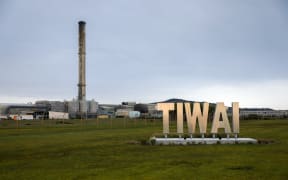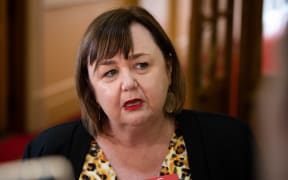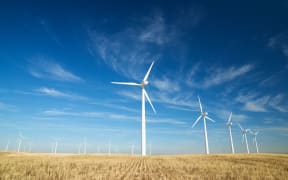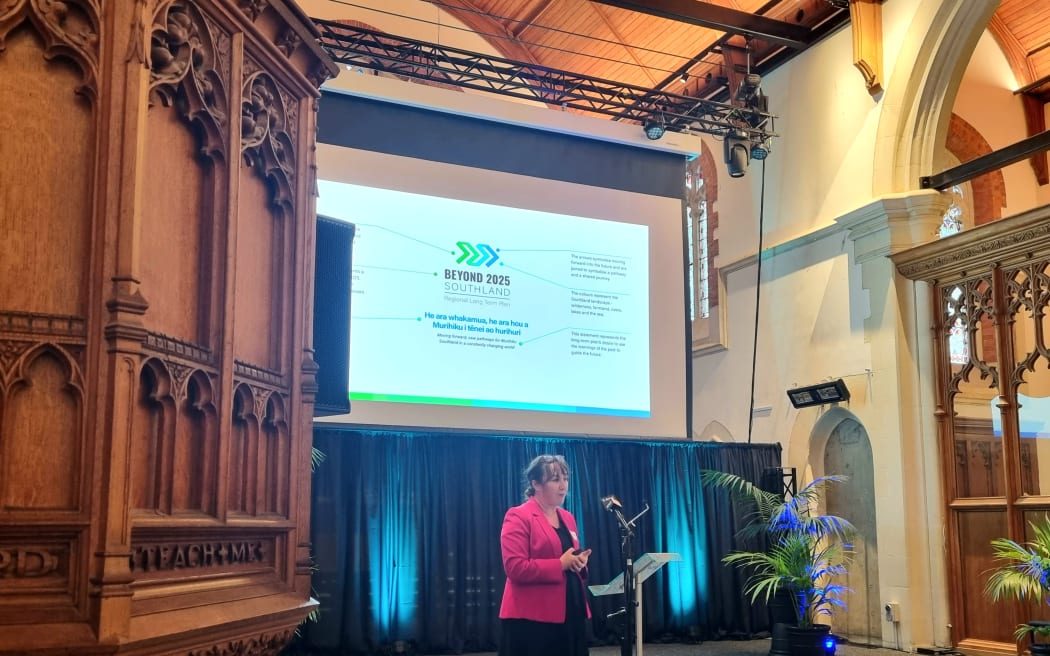
The new regional long term plan was unveiled to a packed event at Te Rau O Te Huia. Photo: RNZ / Tess Brunton
Southland has unveiled a bright vision for its future regardless of whether Tiwai Point aluminium smelter closes or not.
Beyond 2025 is the long term plan for Murihiku, tackling the challenges and opportunities for the region.
It was presented at a packed event at Te Rau O Te Huia in the heart of Waihōpai on Wednesday night.
Beyond 2025 project lead Bobbi Brown said their vision was grounded in data and research, but people were its focus.
"We want the same equity and well-being as other New Zealanders have, and having a small population in the second largest region in the country, we are the envy of some people for the lifestyle we have. But we also have a small ratepayer base to pay for a very large area."
With an ageing population, Southland wanted to support its older people with better access to services including health care and transport while balancing that by attracting other age groups and workers to the region.
Brown said right now a key barrier was housing.
"Not enough houses. But more importantly the right type of houses - now and for the future. But we've also got a lot of older houses so we have to think about how we replace these and how we support people who already own homes as well as building new houses."
The plan wants more kitset, tiny, or mobile homes, it calls for employers to build houses for staff and suggests setting up a Regional Housing Forum.
Brown said it was vital to have a more diversified economy with more innovation.
"What this means is we are less exposed if one of our large employers or industry changes. We've got a lot of eggs in lots of baskets ... aquaculture and tourism are two of our biggest opportunities because of the scale and the potential."
The plan forecasts almost a thousand jobs lost and a big hit to the economy if the smelter closes at the end of next year.
But it also suggests a growing aquaculture industry could add almost 3000 jobs and $190 million a year over the next few decades.
The modelling also suggests aquaculture could reach $1 billion in sales revenue by 2035, growing to $2.6b by 2054.
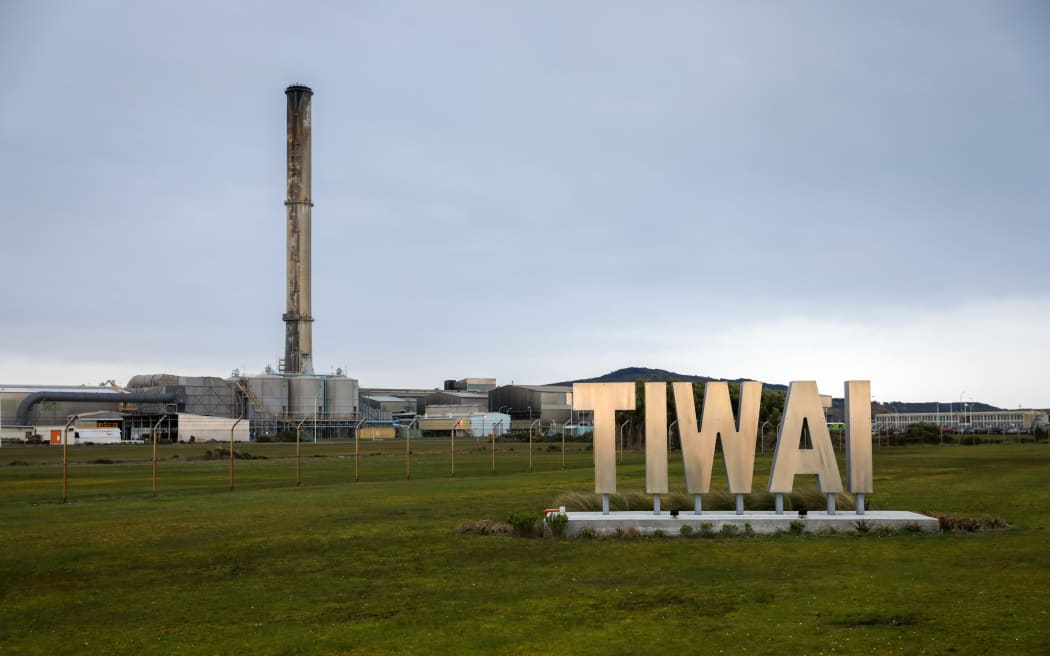
The future of Tiwai Point aluminium smelter remains uncertain. Photo: RNZ / Nate McKinnon
Great South board chair Ian Collier said Southland would have a bright future regardless of what the smelter decided.
"Whilst the decision around Tiwai is yet to be made and the impact of potentially closing has always been there since the first announcement, we've been using that opportunity and using the time to build the plan."
If they were going to build more quality homes to attract more people, he said they needed to have sustainable energy too.
That was where he hoped green hydrogen would play a role in the future.
"But there is a huge amount of work still to be done because that industry is in its infancy.
"Over the next ten years, we believe, seriously believe, that Southland can be the clean energy source and the leader in that respect at a national level."
The plan also detailed its goals to support Murihiku to achieve net zero emissions by 2050, to work towards future proofing its water, and build more climate change resilience.
Waihōpai Rūnaka kaiwhakahaere Cyril Gilroy was optimistic about what lay ahead.
He was pleased to see people and unity at the heart of the plan.
"We all wouldn't be if we weren't excited about taking our kids to the future. From our old people, from our kaumatua right down to our rangatahi to our pēpē. We're going forward together."
Now there was a plan and a roadmap, he wanted to see action.
"Let's just get on with it. Buckle up and just get on with it and go forward."
Invercargill mayor Nobby Clark agreed.
"So the biggest challenge is to make sure that this doesn't collect dust, that we've got to have some momentum going for this cause if we don't, we won't get the economic development and we'll just go back to being a bit of a back-drop."
Great South said the next step was developing an action plan over the coming months.
